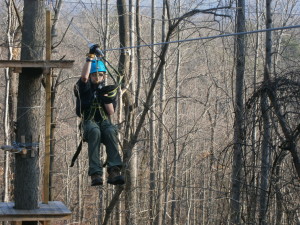The duty of care is every leader’s obligation towards Scouts under their guidance. A leader (or leaders) can enhance the odds that they will have met their duty of care by:
- following BSA and industry-recognized outdoor activity procedures and best practices;
- having registered and technically qualified adult leaders exercising qualified supervision during the activity;
- having participation by scouts be both age-, skill-, and maturity-level appropriate;
- conducting an activity which is appropriate for the actual or expected conditions;
- informing scouts and parents of expected risks;
- instructing scouts how to avoid and/or act in the face of such risks;
- providing appropriate medical care as required;
- providing appropriate training for scouts prior to the activity; and
- providing appropriate guidance or supervision for scouts during the activity.
Alternatively,
- not acting in accordance with BSA or industry recognized best practices;
- using leaders who are not trained or who lack required technical skills;
- not properly training the Scouts for the activity;
- not properly training scouts in the use of activity equipment; or
- conducting an activity under conditions beyond what might normally be deemed skill-, age-, or maturity-level appropriate, may result in an undesirable outcome . . .
Do the right thing, in the right manner!
Indeed, there has been at least one wrongful death lawsuit alleging a violation of the duty of care upon failure to follow the Scouter Code of Conduct, the Guide to Safe Scouting, Hazardous Weather training, and the Sweet Sixteen of BSA Safety.
A unit owes a “Duty of Care” to its Scouts

